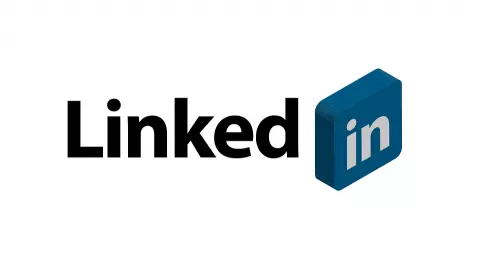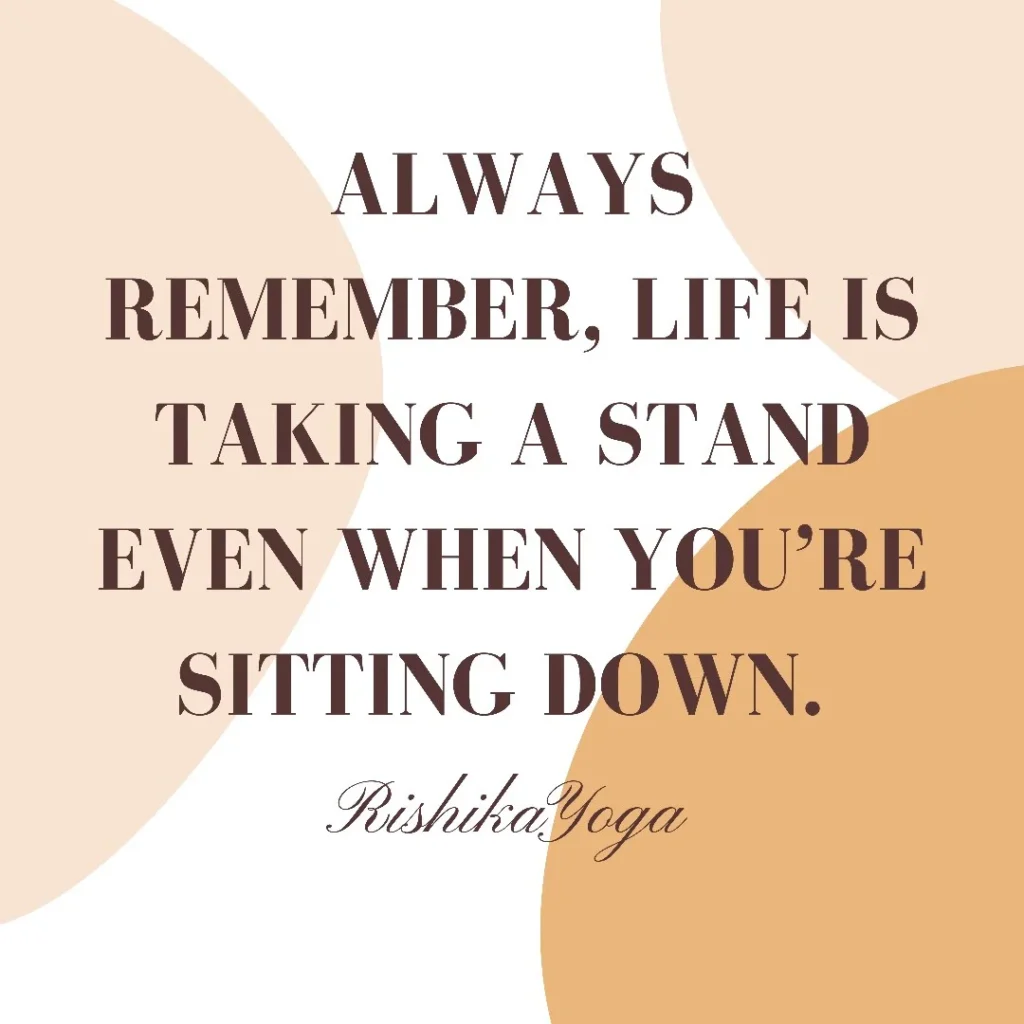1. Analytics and Insights
Whatever role you perform, always remember to measure the impact. Measurement and optimization are a must when it comes to any digital role – especially when it comes to conversion rate optimization or CRO.However, go beyond just vanity metrics. Really study the art of extracting insights from data. One of the roles that continues to be in high demand is that of the Data Scientist, someone who can turn big data into true business insights.Strive to acquire analytical skills in your current role. Learn about any tools to help you automate some of the analytical tasks. Talk to people who know the field deeply. Or go one step further and take on a role that solely focuses on business intelligence.
2. Community Management
To successfully build and nurture your community you need to have someone at the helm who understands your industry, your business, your brand; and at the same time someone who loves your customers and is willing to serve the tough role of being a bridge between a brand and a customer.Great community managers have a tough job of balancing the needs of the company and the needs of the community.Possessing this skill requires actual experience. You need to be intimately familiar with the social networks and the tools that allow you to manage high volumes of inquiries. These are hard skills that will take you halfway to your goal.
3. Storytelling
Great storytellers are not born, they are made. To become one, do the following: read on the subject, learn from the best storytellers in your industry and beyond, pay attention to what stories resonate with you, and take note.Look at how the coolest brands tell their stories, and carry a notebook with you to jot down powerful stories other people tell and ideas about the ones you want to craft and share.A master of storytelling, McDonald’s launched its #RaiseYourArches campaign with no food in sight! The hook was the music accompanied by people raising their eyebrows or arms to signify the famous Arches logo with the tagline ‘Fancy a McDonalds?’ The campaign was featured on TV, social media through Snapchat and Instagram lenses, and high-tech venue takeovers.
4. Social Media Platforms
Here is the harsh truth that most people don’t want to hear – if you are not using social platforms personally, you have no clue what they can do for your business. I’ve seen it time and time again.Firsthand knowledge is absolutely necessary to not only figure out how those platforms will serve your immediate goals around customer engagement but also to create successful marketing strategies across the whole customer journey. Any knowledge – strategic or tactical – will play a huge role in defining your career trajectory.To learn about various social platforms, just jump in and try them out. Then do a lot of reading about the functions and features (there isn’t any shortage of content out there on the web). Subscribe to niche publications (such as ‘Social Media Examiner‘) that keep you updated on the latest feature releases and platform changes. Talk to your peers about how they use the platforms to their advantage.
5. Paid Media
A lot of social media is about organic and owned content. But if you want to be successful in the digital space, you have to possess skills that span POEM (paid, owned, earned media).Some might argue that there isn’t such a thing as organic reach anymore. I disagree, but that’s a topic for another blog post.Here, I’ll say that you need to be very familiar not only with how to create owned content and spark earned media, but how to amplify that content in alignment with your brand goals. Learning the paid media side of the house is important.To learn it, either partner with the paid media counterpart and dig deeper into how the whole POEM works together, or step into the role for one or two years and actually execute paid media campaigns.




